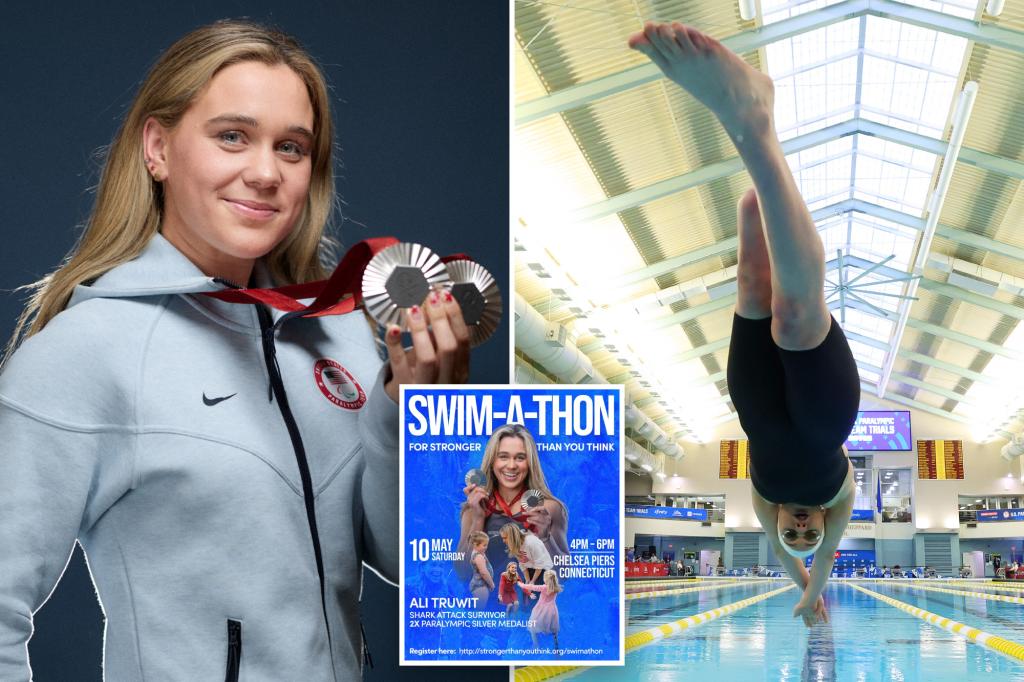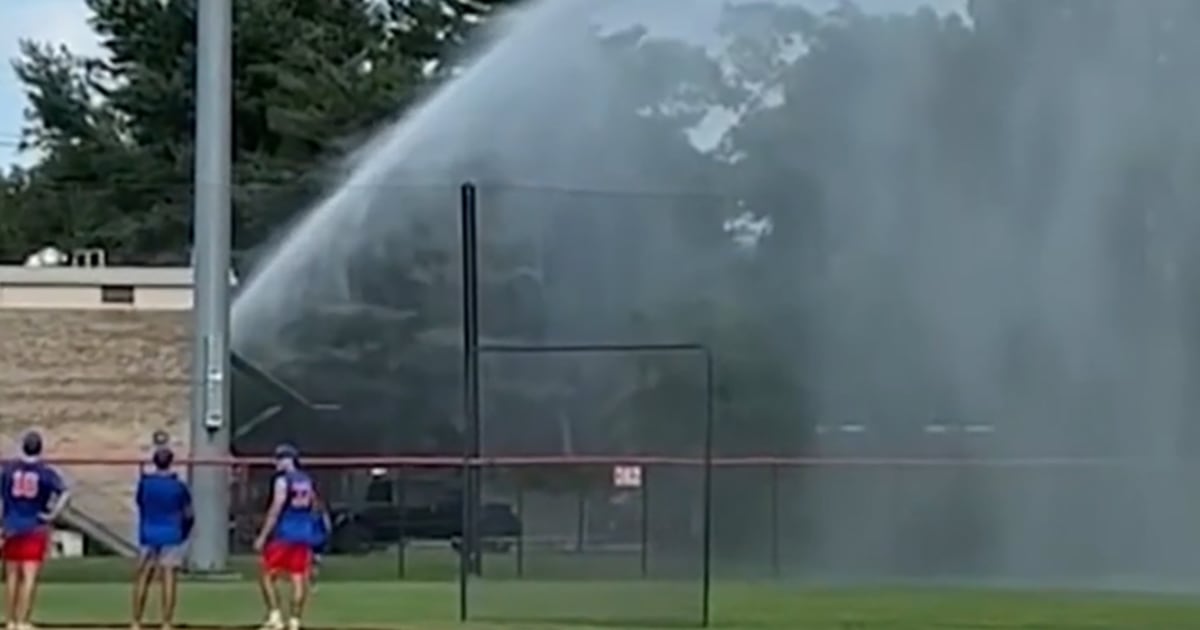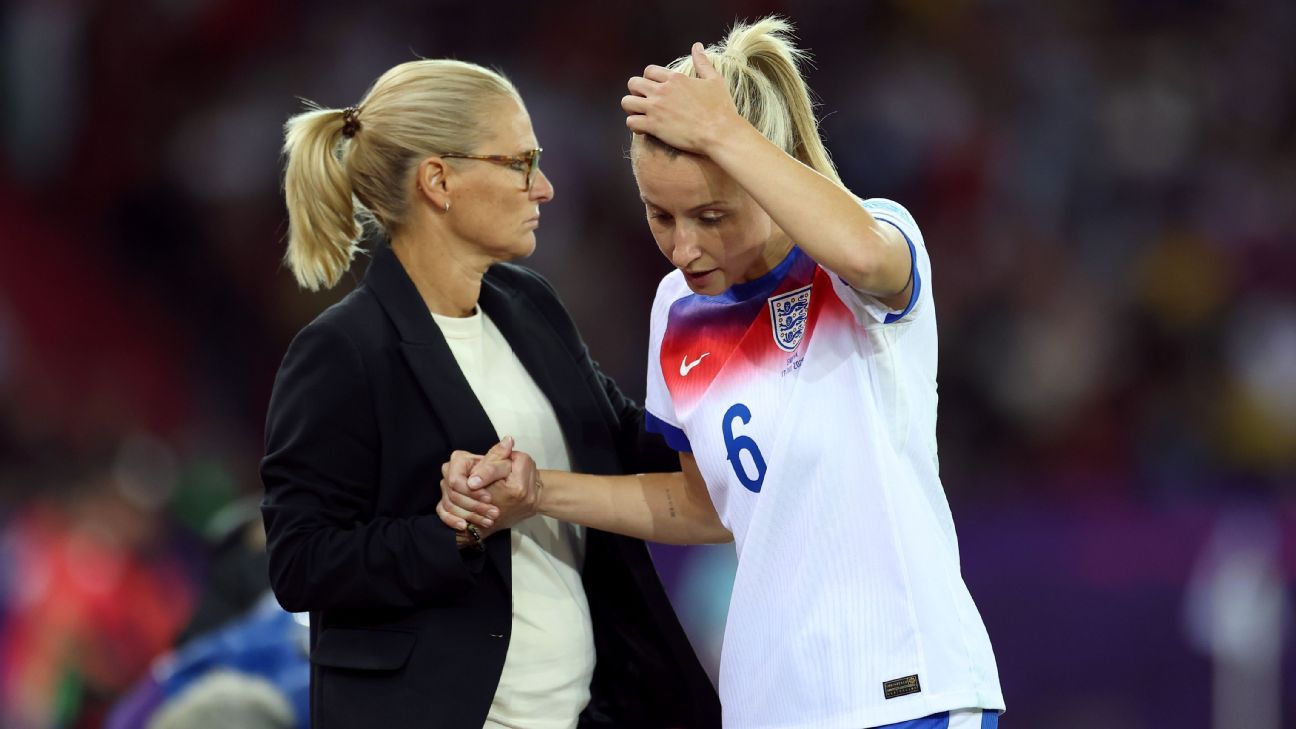From Tragedy to Triumph: Paralympic Medalist Inspires Hope After Shark Attack
When a shark attack cost Paralympic swimmer Jamie Carter their right leg at age 17, most would have understood if they never entered the ocean again. Yet twelve years later, the bronze medalist is channeling that trauma into transformative action—hosting a 24-hour swim-a-thon to raise $250,000 for amputee rehabilitation programs. The event, scheduled for June 15-16 at Miami’s Coral Reef Aquatic Center, has already drawn support from over 200 participants and corporate sponsors, demonstrating how personal adversity can fuel collective hope.
The Incident That Changed Everything
Carter’s story began on a routine training swim off the Florida Keys in 2012. What started as a peaceful morning turned catastrophic when a 10-foot bull shark attacked without warning. “I remember the tug, then searing pain,” Carter recalls. “But the real challenge began on shore—learning to walk again while grieving the loss of my competitive dreams.”
Statistics from the International Shark Attack File reveal Carter was one of 80 unprovoked shark bite victims worldwide that year. Yet what sets their journey apart is the remarkable pivot that followed. Within 18 months of the attack, Carter qualified for the U.S. Paralympic team, eventually earning a bronze medal in the 100m freestyle at the 2016 Rio Games.
Turning Pain Into Purpose Through Swimming
The upcoming swim-a-thon represents Carter’s full-circle moment. Participants will complete relay laps for 24 consecutive hours, symbolizing endurance through adversity. Funds will support three key initiatives:
- Prosthetic limb access for low-income amputees
- Adaptive swim programs for disabled youth
- Shark conservation research
“Water was the source of my trauma, but also my healing,” Carter explains. “This event proves that what breaks us can also remake us—if we let it.” Dr. Elena Rodriguez, a sports psychologist specializing in trauma recovery, notes: “Jamie’s approach embodies post-traumatic growth. By reframing their narrative, they’ve created a roadmap for others facing physical and emotional challenges.”
The Science of Resilience Behind the Story
Research from the American Psychological Association supports Carter’s transformative approach. Studies show that 50-60% of trauma survivors experience post-traumatic growth, developing stronger relationships, renewed purpose, and heightened appreciation for life. Carter’s journey mirrors these findings precisely.
The swim-a-thon’s design also incorporates evidence-based techniques for overcoming fear:
- Controlled exposure: Participants face challenging conditions in a safe environment
- Community support: Team relays foster social connection
- Goal achievement: Concrete milestones build confidence
Balancing Shark Conservation With Human Safety
While transforming their personal tragedy, Carter has become an unexpected advocate for shark conservation. “We share the ocean with 500+ shark species,” they note. “Only about a dozen pose any risk to humans.” Marine biologist Dr. Mark Williams confirms: “Shark attacks remain extremely rare—you’re 30 times more likely to be struck by lightning. Events like this help correct misconceptions while funding critical research.”
The fundraiser allocates 20% of proceeds to shark tagging programs and habitat protection—a decision some survivors find surprising. “At first, I struggled with anger,” Carter admits. “But understanding shark behavior helped me reclaim my peace in the water.”
Ripple Effects: How One Story Inspires Many
Carter’s impact extends beyond the pool. Their nonprofit, Phoenix Rising Adaptive Sports, has introduced over 1,200 disabled individuals to aquatic therapy since 2018. Participant Maria Gonzalez, a military veteran who lost her leg in service, shares: “Seeing Jamie thrive gave me courage to try swimming. Now it’s my primary physical therapy.”
The swim-a-thon has already inspired similar events in three other coastal cities, creating a national movement. Organizers anticipate:
- 500+ direct participants across all locations
- $750,000 in collective fundraising
- New adaptive swim programs in 12 communities
What’s Next for Carter and the Movement
Looking ahead, Carter plans to expand their advocacy work while training for the 2024 Paralympics. “This isn’t just about medals anymore,” they reflect. “It’s about showing what’s possible when we turn obstacles into opportunities.”
For those inspired by Carter’s story, opportunities to get involved include:
- Registering for local swim-a-thon events
- Sponsoring adaptive swim lessons
- Advocating for beach safety initiatives
As the waves of change continue spreading, Carter’s journey stands as a powerful testament to human resilience—proving that even life’s most brutal currents can lead us to unexpected shores of triumph.
See more Sky News Portal



